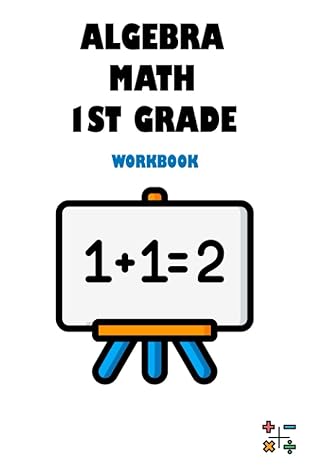Question
#1: A probability experiment is conducted in which the sample space of the experiment is S = {1,2,3,4,5,6,7,8,9,10, 11, 12}, event F = {4,5,6,8} and
#1:
A probability experiment is conducted in which the sample space of the experiment is S = {1,2,3,4,5,6,7,8,9,10, 11, 12}, event F = {4,5,6,8} and event G = {9, 10, 11}.Assume that each outcome is equally likely.
List the outcomes in F or G.
Find P(For G) by counting the number of outcomes in F or G.
Determine P(F or G) using the general addition rule.
#2:
Let the sample space be S = {1,2,3,4,5,6,7,8,9,10}. Suppose the outcomes are equally likely?
Compute the probability of the event E - "an even number less than 4"
#3:
Suppose that events E and F are independent P(E) = 0.6, and P(F) = 0.8. What is the P(E and F)?
The probability P(E and F) is ___?
Step by Step Solution
There are 3 Steps involved in it
Step: 1

Get Instant Access to Expert-Tailored Solutions
See step-by-step solutions with expert insights and AI powered tools for academic success
Step: 2

Step: 3

Ace Your Homework with AI
Get the answers you need in no time with our AI-driven, step-by-step assistance
Get Started


